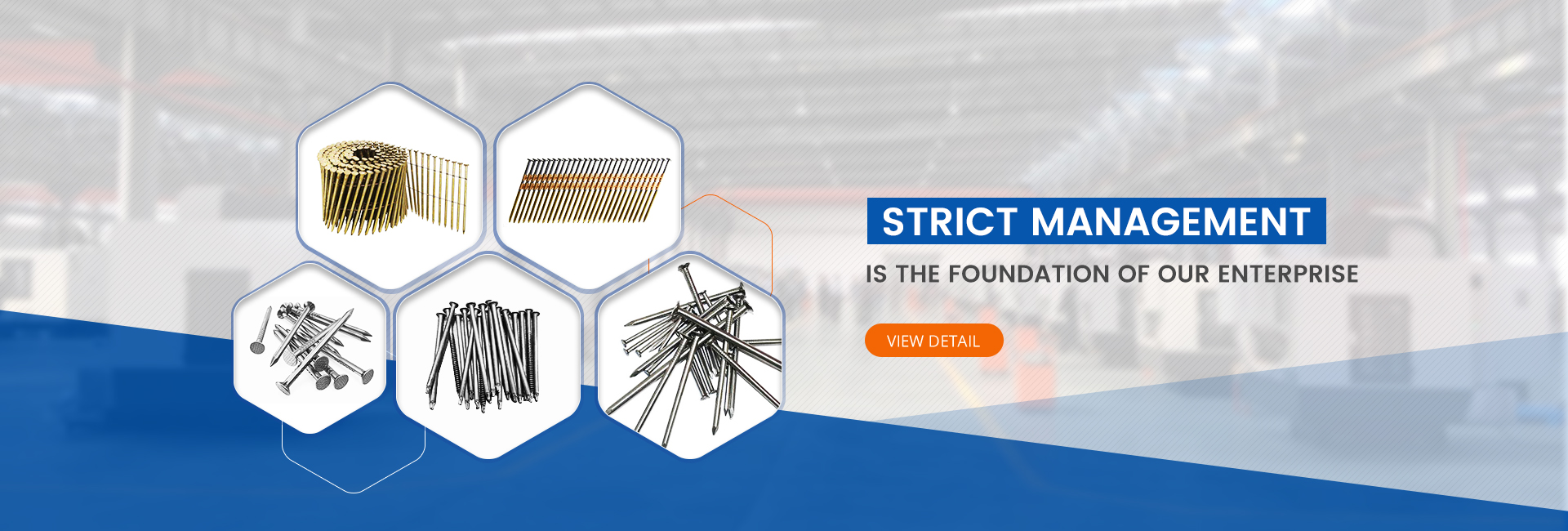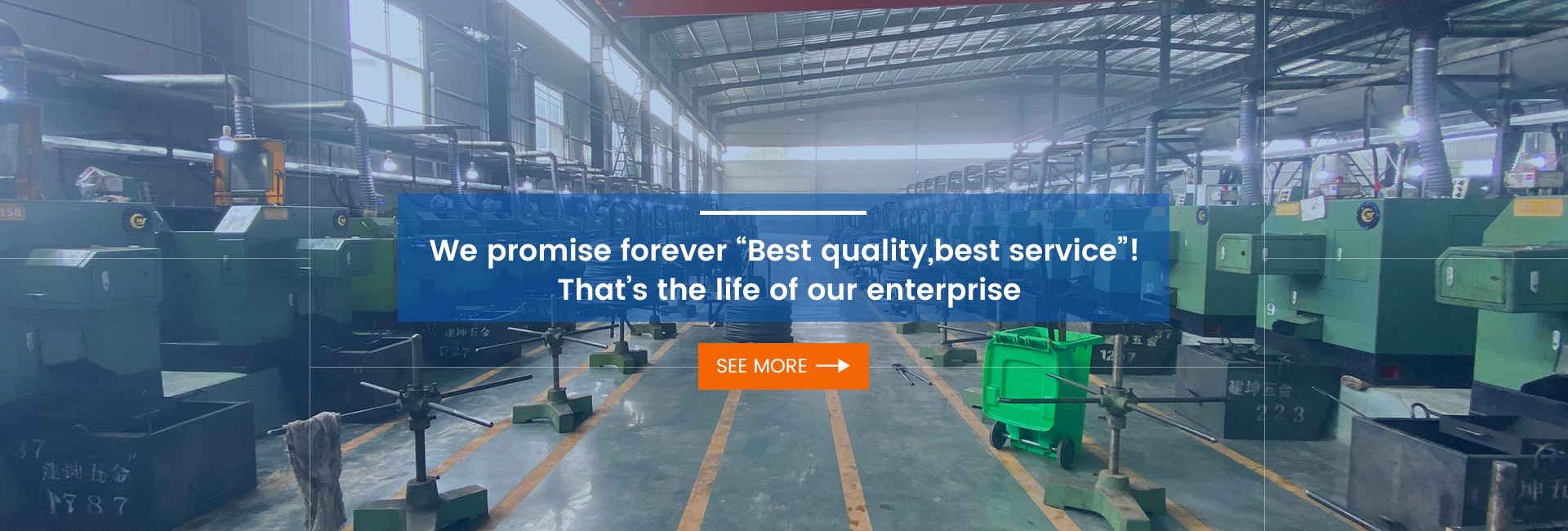In modern woodworking, pallet manufacturing, and construction fastening, efficiency and consistency have become essential performance indicators. As production lines continue to shift toward automated and high-speed operations, demands for stable and reliable collated nails have also increased. Among the different types of coil nails, plastic coil nails have gained significant attention due to their strong structural stability, low jamming rate, and excellent compatibility with high-speed coil nailers. Their unique plastic collation design provides both operational advantages and manufacturing flexibility, making them an ideal fastening material for industries that value precision and efficiency.
Plastic coil nails are typically manufactured by embedding pairs of nails into a durable polymer strip, then forming the strip into a coil. The plastic material plays a crucial role in stabilizing the spacing and alignment of each nail, allowing them to feed smoothly into pneumatic tools. Because of this structural stability, plastic coil nails are widely used in pallet plants, construction framing, fencing, sheathing, decking, and industrial furniture manufacturing. The reliability of the collation ensures that each firing cycle is consistent, reducing operational interruptions and helping manufacturers maintain continuous productivity.
One of the key advantages of plastic coil nails is their resistance to breakage and deformation during transportation or handling. High-quality plastic strips can withstand impact, pressure, and long-distance shipping without cracking. For manufacturers located in regions with long export routes or challenging logistics environments, this durability contributes directly to reduced product loss and increased efficiency. Additionally, the plastic collation is resistant to moisture and temperature fluctuations, ensuring stable performance across various climates and storage conditions.
The nails themselves are available in multiple configurations, offering flexibility for different applications. Common shank types include smooth, ring, and screw, each providing different levels of holding power. Ring shank nails are widely used for pallets and outdoor woodwork due to their enhanced withdrawal resistance. Screw shank nails offer superior rotational stability, making them suitable for decking and structural wood fastening. Plastic coil nails also come in various coatings, including bright, electro-galvanized, hot-dip galvanized, and stainless steel options. These surface treatments enhance corrosion resistance and extend service life, especially in environments exposed to moisture, salt air, or heavy-duty wear.
Another significant advantage of plastic coil nails is their excellent performance in automated systems. Modern high-speed coil nailers rely on precise feeding mechanisms and consistent nail positioning. The uniform spacing provided by the plastic strip minimizes feeding errors and reduces the risk of tool wear or misfiring. This compatibility with automation aligns with the global trend toward intelligent manufacturing and lean production. As more factories adopt automated fastening equipment, the demand for high-quality plastic coil nails continues to grow.
From a safety and operational standpoint, plastic coil nails also offer benefits during use. When fired from a coil nailer, the plastic strip breaks cleanly, producing minimal residue. Compared with wire collated nails, the plastic system generates fewer small metal fragments, reducing the risk of debris around production equipment. This contributes to a cleaner work environment and enhances long-term maintenance efficiency.
Environmental considerations are also becoming increasingly important. Modern polycarbonate and polypropylene materials used in plastic collation are recyclable, and continuous improvements in polymer formulation have enabled manufacturers to reduce waste and enhance sustainability. As more industries move toward eco-friendly practices, plastic coil nails will remain an important part of responsible manufacturing.
Overall, plastic coil nails combine durability, precision, and versatility, making them a preferred fastening solution in many industries. Their ability to support high-speed, long-cycle production while maintaining structural integrity has positioned them as a key material in both construction and industrial manufacturing. As the demand for automation and efficiency continues to rise globally, plastic coil nails will play an increasingly critical role in helping manufacturers achieve stable, high-performance fastening results
Post time: Nov-27-2025



